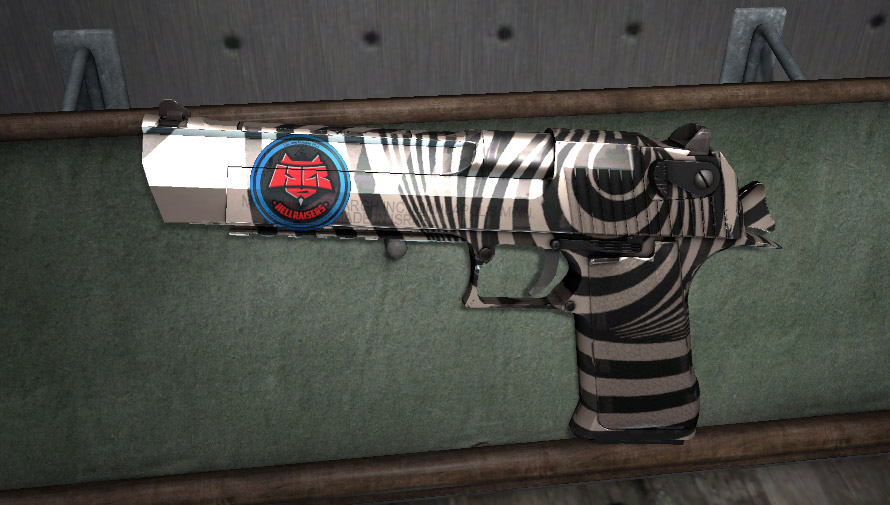What happened to CS:GO skin prices after Valve's gambling ban
One of the first major tests of Steam's item economy.

On Wednesday Valve announced it would begin sending requests to cease operations to gambling websites that use Steam’s trading system. “Using the OpenID API and making the same web calls as Steam users to run a gambling business is not allowed by our API nor our user agreements,” wrote Valve’s Erik Johnson.
The announcement was a surprise. Although scrutiny of CS:GO gambling peaked as it was revealed that two of the world’s most popular gaming YouTubers had created a CS:GO skin gambling website and quietly promoted it to their audiences, some of these services have existed for three years. Other than a match fixing scandal in 2015 this was the first time that Valve has addressed them.
The drop in price seems reactionary, a reflection of some sellers’ fear that the market would implode.
Valve’s announcement implied that Steam users should retrieve item skins from gambling websites, and some members of the community began to wonder: would Valve’s action trigger a crash of CS:GO’s skin market? Some Steam users own hundreds of thousands of dollars worth of CS:GO skins. How would their fortunes, and the inventory value of CS:GO’s other 10 million active players, be affected by this announcement?


Not much. Although there isn’t an index number that reflects the value of the CS:GO item market as a whole, sales data for individual weapons tend to show an initial reaction to the news, followed by normalization.
Valve’s announcement went out via email just before 1 PM Pacific on June 13. I sampled a set of 20 arbitrary, higher-volume skins on the market, and found that they fell an average of 13.7% that evening. A Minimum Wear AWP BOOM skin, for example, dropped from $21.75 to $18.56 12 hours after the announcement.
The drop in price seems reactionary, a reflection of some sellers’ fear that the market would implode. Although the correction was very uniform across the items I sampled, most items have not continued to drop in value, and many have risen back to their pre-announcement price. More adjustments can probably be expected as gambling websites close or alter how they operate, but my belief is that these items will retain most of their value as long as CS:GO remains one of the most-played and most-spectated games in the world.
Keep up to date with the most important stories and the best deals, as picked by the PC Gamer team.

Evan's a hardcore FPS enthusiast who joined PC Gamer in 2008. After an era spent publishing reviews, news, and cover features, he now oversees editorial operations for PC Gamer worldwide, including setting policy, training, and editing stories written by the wider team. His most-played FPSes are CS:GO, Team Fortress 2, Team Fortress Classic, Rainbow Six Siege, and Arma 2. His first multiplayer FPS was Quake 2, played on serial LAN in his uncle's basement, the ideal conditions for instilling a lifelong fondness for fragging. Evan also leads production of the PC Gaming Show, the annual E3 showcase event dedicated to PC gaming.

